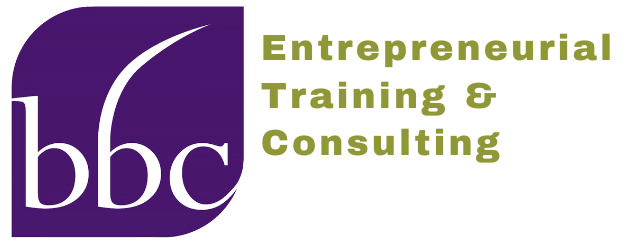Live Workshops
Tips for purchasing and viewing:
- Click on the workshop to view further information and to register.
- If you have a Discount Code, enter it in that box and it will automatically apply.
- You will receive both an on-page and email confirmation with a link to the workshop. If you do not receive the link within a short time after submitting the form, PLEASE CHECK YOUR SPAM.
- For assistance, please email jodi@bbcetc.com or call 734-930-9741.

- This event has passed.
Essentials of SBIR/STTR Commercialization
Commercialization and transition plans can be a key differentiators in the SBIR/STTR programs, it is important to know what the agencies are looking for and how to go about developing a good plan. This session will review the requirements and guide you through where to start, what to include, and how to show your best self.
We’ll review
- Agency expectations for commercialization plans in your Phase I & II projects
- Where to find cost-effective market research
- What to include in your financial plan and revenue stream
- What quality “support & commitment letters” are and more!
Fee:
- $25
- $15 Michigan-based companies
REGISTER NOW
About the Presenter:
Megan Varnum, Ph.D.
Megan joined BBCetc as a Principal Consultant in 2019 with a wealth of experience in leading biological technologies on the path to commercialization. As CEO of FibrosIX Inc., a Michigan company developing compounds for the treatment or prevention of fibrosis-related disorders, Megan was involved in all aspects of planning and operation of the company. This included writing an SBIR grant proposal, which was awarded from the National Cancer Institute. Her prior experience includes serving as an Entrepreneur in Residence for Michigan State University’s Spartan Innovations where she assisted MSU researchers in translating their technologies into startup businesses. While at MSU, she managed the launch of two startups and assisted in preparation of both NIH and NSF SBIR proposals. A former Research Associate of the Scripps Research Institute, Megan received a B.S degree from the University of Massachusetts Amherst and a PhD from Boston University.
Do you know about Michigan’s SBIR/STTR Assistance Program? The Michigan SBIR/STTR Assistance Program provides SBIR/STTR training and proposal development services to technology companies with most costs covered by a state grant. The program is managed by BBCetc.
 Funds for this initiative were provided by the 21st Century Jobs Fund, a MSF program designed to accelerate the growth and diversification of Michigan’s economy.
Funds for this initiative were provided by the 21st Century Jobs Fund, a MSF program designed to accelerate the growth and diversification of Michigan’s economy.
